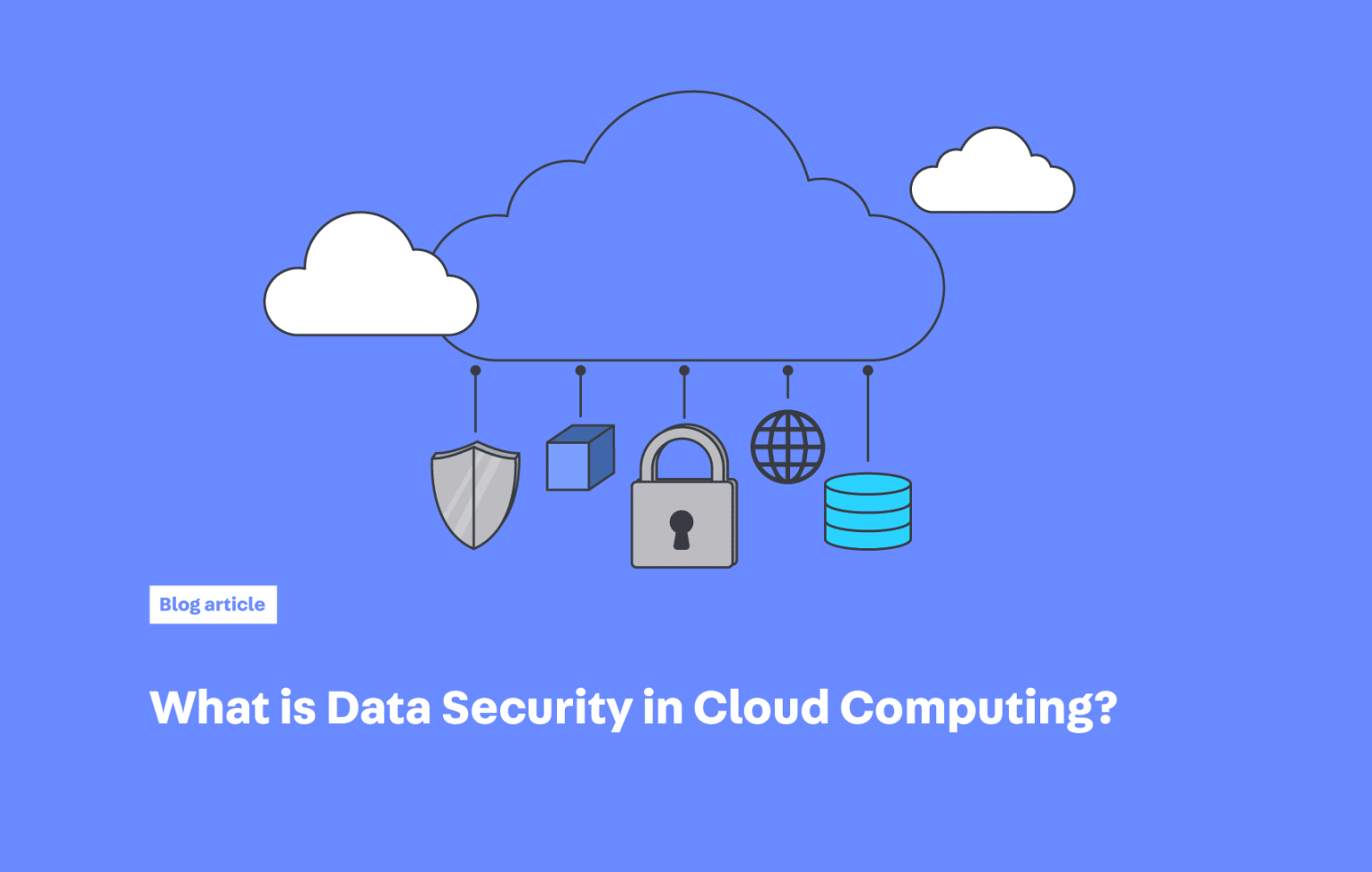Data Security in Cloud Computing
What do you mean by data security in cloud computing?
Data security in cloud computing refers to the measures and practices put in place to protect data stored in cloud platforms from unauthorized access, data breaches, and other security threats. As businesses increasingly rely on cloud services to store and manage their data, ensuring the security of this data has become a top priority.
How is data security in cloud computing achieved?

Data security in cloud computing is achieved through a combination of technical solutions, policies, and best practices. Encryption, access controls, multi-factor authentication, and regular security audits are some of the key measures that cloud service providers and businesses can implement to protect data in the cloud.
What is known about data security in cloud computing?
Data security in cloud computing has gained significant attention in recent years due to high-profile data breaches and cybersecurity incidents. These incidents have highlighted the importance of implementing robust security measures to protect sensitive data in the cloud.
Solution for data security in cloud computing
One of the key solutions for ensuring data security in cloud computing is to encrypt data both in transit and at rest. Encryption helps to protect data from being intercepted or accessed by unauthorized parties. Additionally, implementing access controls and regular security audits can help to identify and address vulnerabilities in cloud systems.
Information about data security in cloud computing
Businesses that store data in the cloud should be aware of the potential security risks involved and take proactive steps to mitigate these risks. By working with trusted cloud service providers, implementing strong security measures, and staying informed about the latest cybersecurity threats, businesses can enhance the security of their data in the cloud.
Conclusion
Ensuring data security in cloud computing is essential for protecting sensitive information from unauthorized access and data breaches. By implementing strong security measures, businesses can mitigate the risks associated with storing data in the cloud and safeguard their valuable data assets.
FAQs
1. What are the key challenges in data security in cloud computing?
The key challenges in data security in cloud computing include data breaches, unauthorized access, and compliance with data protection regulations.
2. How can businesses ensure the security of their data in the cloud?
Businesses can ensure the security of their data in the cloud by implementing encryption, access controls, multi-factor authentication, and regular security audits.
3. What are some best practices for data security in cloud computing?
Some best practices for data security in cloud computing include keeping software and systems up to date, training employees on cybersecurity best practices, and monitoring for unusual activity.
4. How do cloud service providers help to enhance data security?
Cloud service providers help to enhance data security by implementing robust security measures, such as encryption, access controls, and regular security audits, to protect customer data.
5. What should businesses consider when choosing a cloud service provider for data storage?
Businesses should consider factors such as the provider’s security measures, compliance with data protection regulations, data backup and recovery capabilities, and service level agreements when choosing a cloud service provider for data storage.



